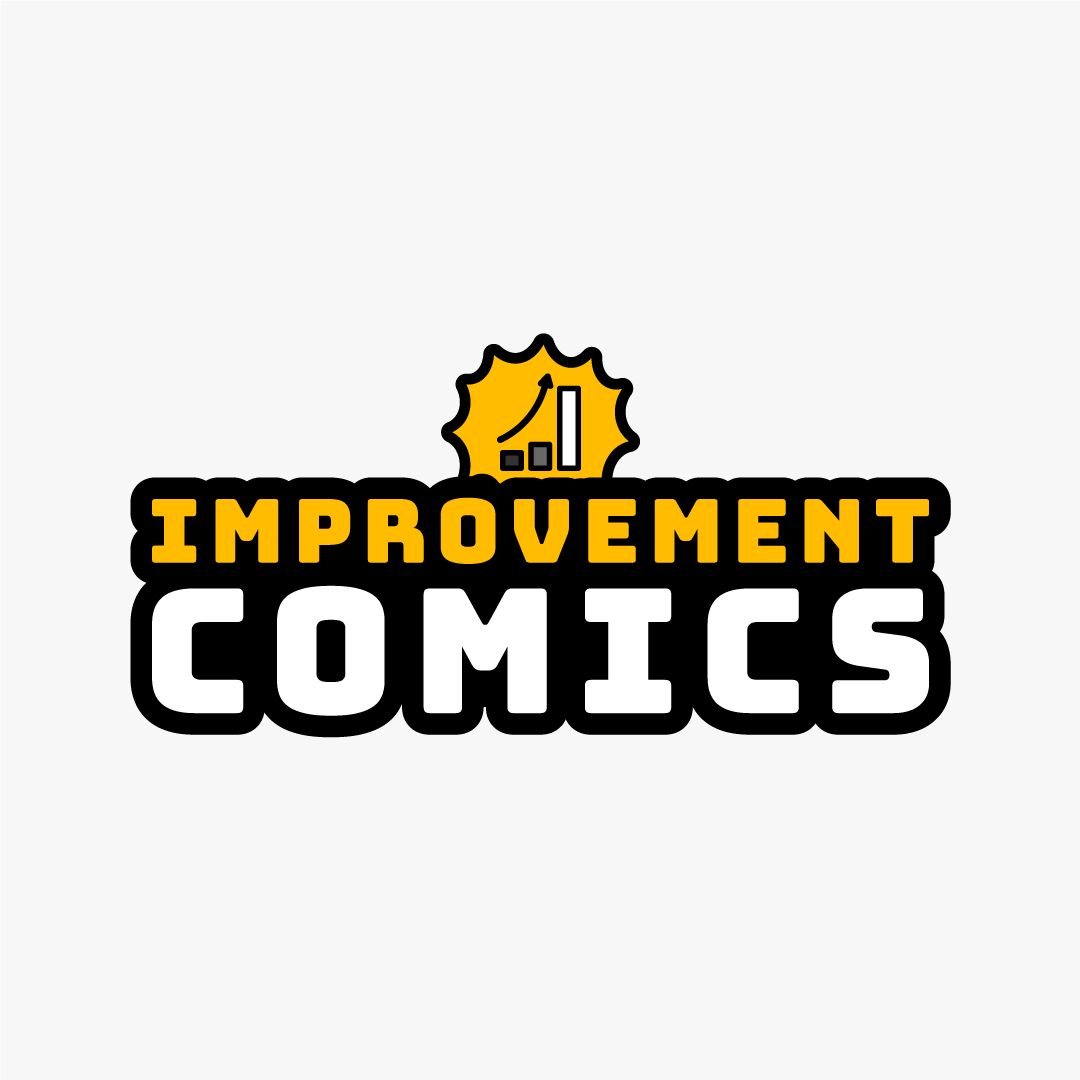Audio Presented by

Learn key ideas about personal development with fun & ease through weekly, bite-sized comics in your inbox.
Story's Credibility

About Author
Learn key ideas about personal development with fun & ease through weekly, bite-sized comics in your inbox.
